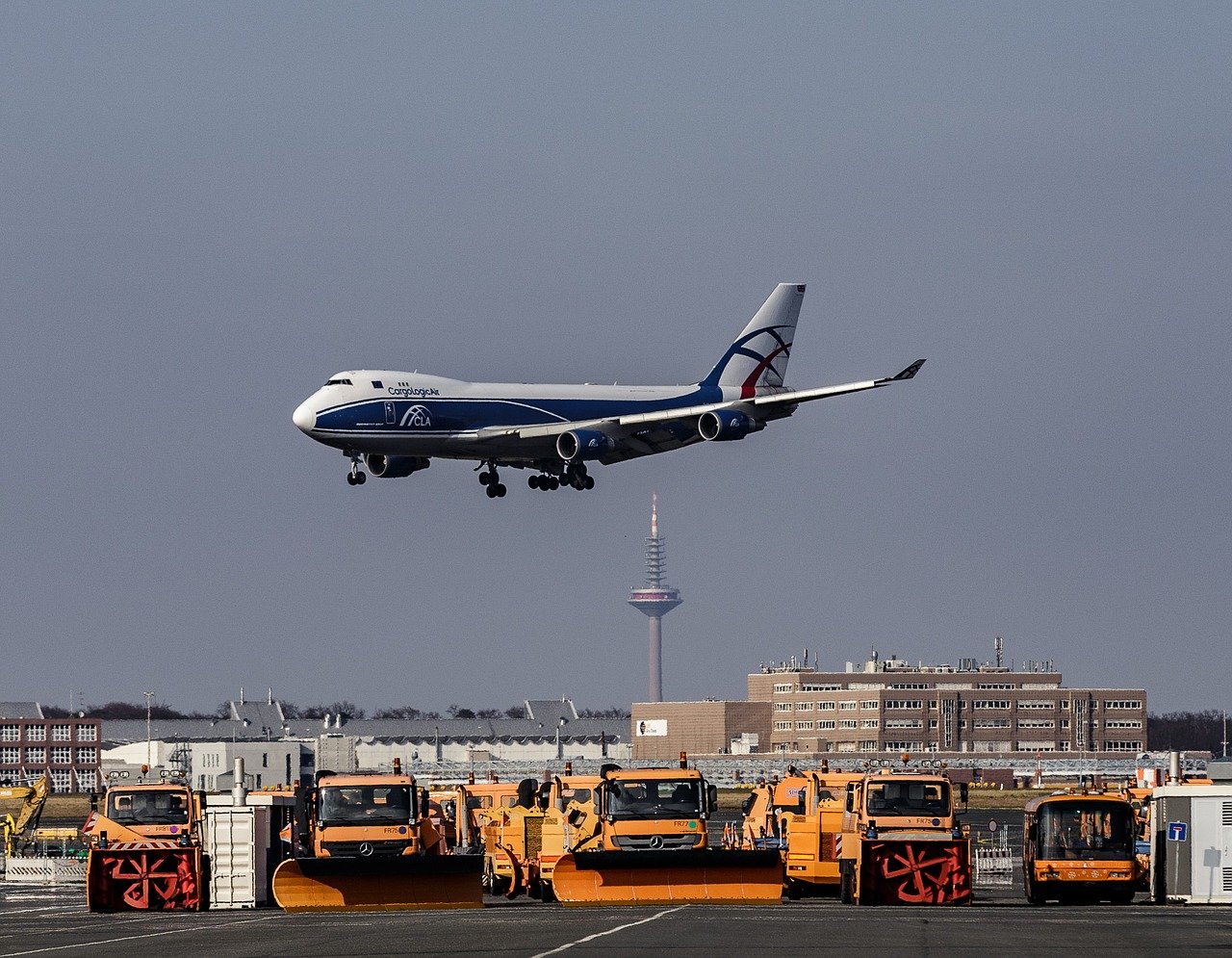
When thinking about “airport fleets”, it may for most people automatically bring to mind the bright and colourful fuselages of different aircrafts; from the impressive A380, to the A320 or Boeing 747 that we are accustomed to board for our short-haul and maybe low-cost flights for either business or leisure. But the truth is that aircrafts are not the only fleet involved in smoothly conveying us to our destinations—there are ground fleets in airports that help to make this possible.
Just like any other ground fleet based organisation, airport fleets come with a set of challenges typical of them all, plus an array of unique ones peculiar to commercial aviation. Now that we have clarified the kinds of fleets we are specifically focusing on in this post, let’s have a look at three airport fleet challenges that ground services, handling and air transport businesses tackle every day!
#1 – Managing an incredibly diverse fleet. Again, we can bring to mind a mental image of the familiar service vehicles such as cars, vans or pickups that we invariably find in the perimeter of an airport—and also the buses/shuttles that transport passengers between terminal buildings, to departure gates or to and from aircraft. But these vehicles are just a small part of the fleet operating inside an airport, on runways and ramps. Airport fleets are in fact comprised of both motorized and non-motorized assets that are all of equal importance in the task of transporting goods and people by air; that all have to be precisely located to ensure efficient and fast operations and maintained so as to guarantee swift service. Airport fleets might just about have almost every means of conveyance: think about baggage tractors, cargo tractors, cargo loaders, mobile assets, power units, trolleys, passenger steps, elevators, escalators, conveyor belts, pushback tractors...
#2 – “Phenomenal cosmic powers—in an itty-bitty living space” is no fun: this is not only Aladdin’s genie’s motto, but it’s the bread and butter of airport fleets. Aircrafts, vehicles and assets move around a limited space in a precise way to ensure timings and slots are respected, that there is no delay caused by operations on the ground and everything is obviously happening in a safe, compliant way flight after flight, after flight.
#3 – Diverse assets in a reduced space—actually, in a LOT of reduced spaces. If we consider airports as reduced perimeters and handling companies with multifarious challenges depending on how many airports they control, airport fleets have to operate in a consistent, standardised way all around the world and comply with different regulations in different markets at the same time and with different stages of development or maturity depending on the airport they work in.




